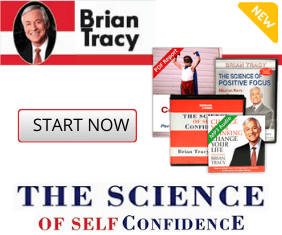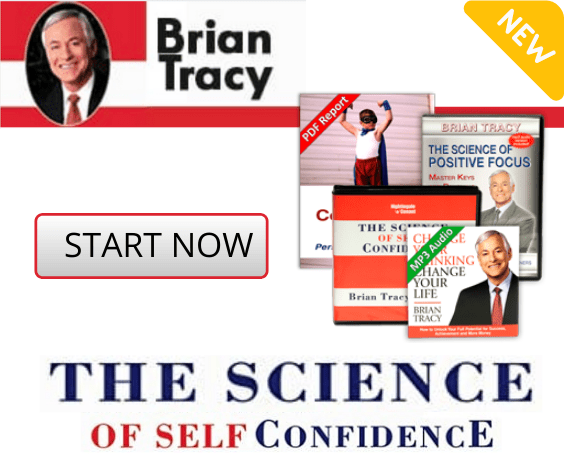Study after study has revealed the importance of a balanced diet to good
health. Eating a balanced diet, one that is rich in all the various
minerals and vitamins needed for a healthy body, can present quite a
challenge for vegetarians and vegans.
That is because maintaining a good balanced diet in the absence of one
entire food group, such as meat and poultry, can be difficult. Meat and
other animal products contain significant amounts of important nutrients,
such as protein, calcium and B vitamins.
Vegan diets present an even larger problem, since vegans go a step farther
and eliminate dairy products and eggs as well as meat. Vegans in particular
often have trouble getting vitamin B12 they need and often must rely on
vitamin supplements for this important nutrient.
Of course that doesn’t mean that vegetarians and vegans can’t enjoy good
health. Many vegetarians and vegans can and do enjoy levels of health much
better than their carnivorous peers. It simply means that vegetarians need
to pay somewhat closer attention to their dietary needs, and to be on the
lookout for signs of dietary deficiencies. The key to a healthy vegetarian
or vegan diet, as with all types of diets, is practicing moderation, eating
a variety of foods, and keeping nutritional needs in balance.
One of the most frequently cited concerns by family members and friends of
vegetarians and vegans is how they will get the protein they need from a diet
devoid of animal flesh. However, getting sufficient protein is usually not a
concern for vegetarians, since most American diets tend to contain more
protein than they need.
Vegetarians who eat dairy products can get all the protein they need from
dairy products, from soy based products and from beans, nuts, lentils and
seeds. There are many non-animal sources of protein, so most vegetarians
shouldn’t have a problem getting sufficient protein.
Even vegans, who refuse all animal based products, including milk and dairy
products, typically don’t have a problem with protein deficiency. That is
because nuts, seeds, lentils, pinto beans, split peas, soybeans, garbanzo beans,
black beans, white beans, kidney beans, navy beans and many more all have lots
of protein. Even if you are not a vegetarian or vegan but are on a restricted
animal protein diet, you can benefit from the information here.
Vegan meals are often rich in tofu and other soy based products, and these
products contain sufficient protein to meet the needs of most vegans. In
addition, the many bean based vegan recipes are excellent sources of protein.
For instance, a cup of cooked beans contains the same amount of protein as a two
ounce serving of meat.
As with protein, nutritional deficiencies are generally of no more concern to
vegetarians than they are to the general population. Vegetarians who follow a
balanced, nutritious diet should have no problem meeting their daily nutritional
needs.
Vegans on the other hand, are more susceptible than vegetarians to nutritional
deficiencies, particularly vitamin B12, calcium and vitamin D. That is because
the most common sources of these important nutrients are all animal based, either
meat or dairy products.
Of these three nutrients, the hardest to replace on a vegan diet is vitamin B12.
The primary sources of vitamin B12 in the diet are all animal based. For this
reason, vegans are generally advised to take vitamin B12 supplement, or to eat
foods that have been fortified with vitamin B12. There are a number of such foods
on the market, including nutritional yeast and soy milk.
Calcium is also a concern for vegans, since the primary sources of dietary calcium
are milk and other dairy products. Again, calcium fortified foods such as some soy
milk and certain cereals are important to maintaining a healthy vegan diet. The
same is true of vitamin D, another primarily animal based nutrient.
The bottom line is, it is possible to maintain excellent health while avoiding meat
and dairy products. The key is to follow a well balanced diet, get plenty of
exercise, and make smart food choices.






